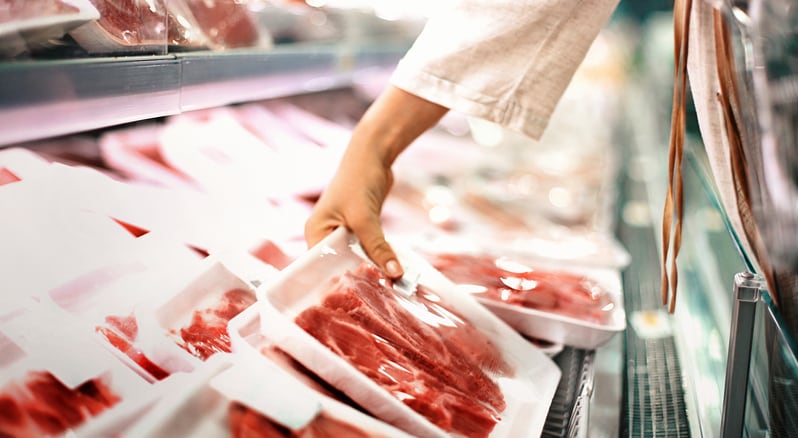Carnes Validadas believes that Argentina’s meat industry suffers from a lack of communication.
“Many producers and actors of the chain make enormous efforts to improve their production systems, adapting to what consumers demand, but fail to share that information with consumers," co-founder Diego Heinrich told FoodNavigator-LATAM.
Carnes Validadas aims to plug this gap by allowing meat producers and other supply chain actors to align with consumer demands thanks to a Blockchain-based traceability service.
“It will allow them to improve transparency, efficiency, and confidence by sharing information and having control over the transactions of the records. Today, this does not apply in our country.”
By improving control over the supply chain and providing consumers with more transparency about where their food comes from, the Argentinian early-stage start-up hopes to 'de-commoditize' the supply chain.

The benefit of using blockchain is its decentralized nature, the company says.
“[This] means that no one computer or person has the transaction records of the livestock, it is the computer network. As the animal is exchanged from one user to another, it is marked in time and encrypted, creating a complete history of all the activity of the animal’s life.”
Information such as the animal’s vaccination history, weight, feed history, point of sale and transport, can be accessed by any actor.
Cattle owners can add information to the blockchain and nothing can be removed, meaning each cattle has a permanent record that cannot be deleted, and that consumers can access at any time.
“A consumer anywhere in the world scans a QR code from a packet of meat or in a restaurant menu and see the Curriculum Vitae of the meat [they eat]: what, who, where and how it was produced,” said Heinrich.
'Each actor of the chain will be empowered'
Carnes Validades' round of seed investors closed with US$120,000, comprising 24 stakeholders from the beef and pork chains. It is now preparing to launch its series A investment round in the last quarter of 2019.
While the young start-up is still in the product development stage, its co-founders are agri-food industry veterans and they are confident there is a need - and demand - for this service.
Heinrich is currently president and partner at agricultural consulting firm Frontera Sustenable and partner at DMH Agro Solutions while Nicolas Balestrini, Carnes Validades' second co-founder, was general manager at Buenos Aires-based animal health company Instituto Rosenbusch (which has its own meat traceability program, Carnes Trazadas Pampa Mia).
“Having information on the production of each meat cut will allow the meat to be decommoditized and thus be able to offer meat with higher added value [that is] differentiated by origin, good management practices, and sustainability,” he added.
According to Heinrich, consumers around the world want to know more about where their food comes from and are increasingly willing to pay for this information.
“The ultimate goal is that each meat trading company has the ability to add value to their product,” he said. “[…] In turn the consumer will also benefit because we aim to create transparency throughout the chain, the buyer can also clearly know what he is buying. Each actor of the chain will be empowered.”
'Reputation is built in the long-term'
Information encrypted on blockchain cannot be altered in any way. But this does not prevent people from uploading false or fraudulent information onto the system - a fake organic certification for a particular farm, for instance.
Heinrich said the company will use different ways to upload information to the platform – manual, automated and public information systems – with various instances of validation along the chain.
“Reputation is a value that is built in the long term. That said, it is possible to lie once, but it is difficult to sustain the lie for a long time. On the other hand, anyone who tries to upload erroneous information runs the risk of losing the complete traceability of the animals, thus losing months and even years of added value.”

